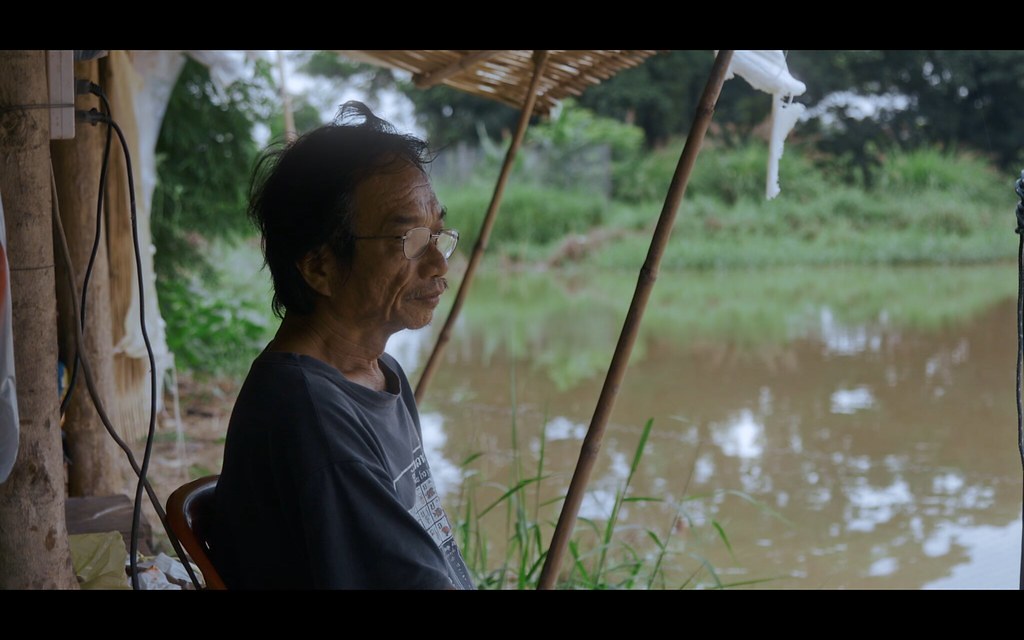
Nutcha Tantivitayapitak
Nutcha Tantivitayapitak was born in 1993 in Bangkok, Thailand. She had his education in Film and Photography, Faculty of Journalism and Mass communication at Thammasat University. After she graduated, she was a journalist at Prachatai which is an online news agency. Now she is a freelance documentary filmmaker.

Sudarat Musikawong
Sudarat Musikawong investigates cultural politics in Thailand. Her publications include “Notes on Camp Films in Authoritarian Thailand (2019),” "Film is dangerous (2022)" in Southeast Asia Research Journal and “Art for October Thai Cold War State Violence in Trauma Art,” positions: east asia cultures critique, Spring 2010.

